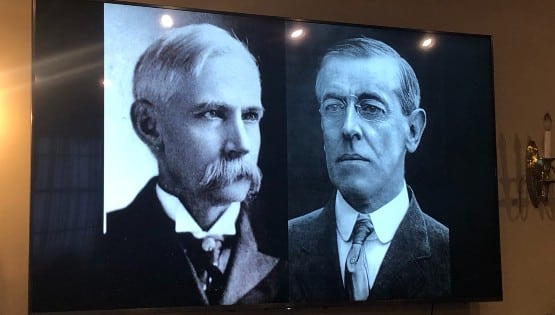
The drug, TSC, works by enhancing oxygen delivery to the brain and has been found to reduce the severity of stroke in animal models. It has been studied in human patients with peripheral arterial disease and brain tumors and shown to be safe. It is not known whether it may benefit stroke patients – the trial will seek to determine that.
How the Stroke Trial Works
People suffering a stroke who call 911 in Charlottesville/Albemarle County and surrounding area may be eligible to participate in the trial. The responding EMS providers and on-call investigators will determine if certain criteria are met for enrollment in the trial. (For example, the drug will only be given within two hours of the first stroke symptoms.)
Participants will receive all normal stroke care in addition to the drug. Half of study participants will be given the drug by IV while half will receive a harmless salt-water placebo.
If patients are capable, they will be asked if they wish to join the trial. If they are not able to make decisions or communicate, a family member can agree on their behalf. Only people who are able to affirm participation in the trial, or whose family members can affirm for them, will be enrolled. All other patients will receive standard stroke care.
How to Opt Out
People can also opt out of the study preemptively. Anyone who wishes to do so can obtain a medical alert bracelet advising emergency service providers of their decision. To obtain a bracelet, call (434) 297-7611 or email [email protected].
“Because of the need enroll patients in the ambulance prior to hospital arrival, patients may not be able to provide full informed consent. Therefore, it is very important that the community know about this,” said UVA neurologist Andrew Southerland, MD, the study’s principal investigator. “Anyone who does not want to participate may opt out, but we also are asking for public feedback about the trial.”
To submit feedback, visit www.tinyurl.com/phasttsc. The site also has more details about the study.
In addition, study organizers are meeting with community members to spread word about the clinical trial, which is sponsored by Charlottesville drug company Diffusion Pharmaceuticals Inc.
The Phase 2 trial is overseen by UVA’s Institutional Review Board and is IRB No. 21266.
To keep up with the latest medical research news from UVA, subscribe to the Making of Medicine blog athttp://makingofmedicine.










